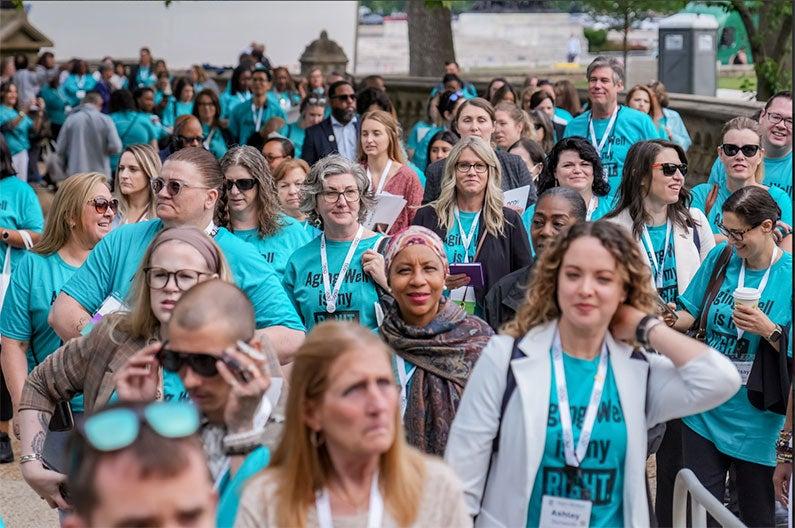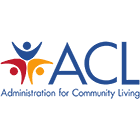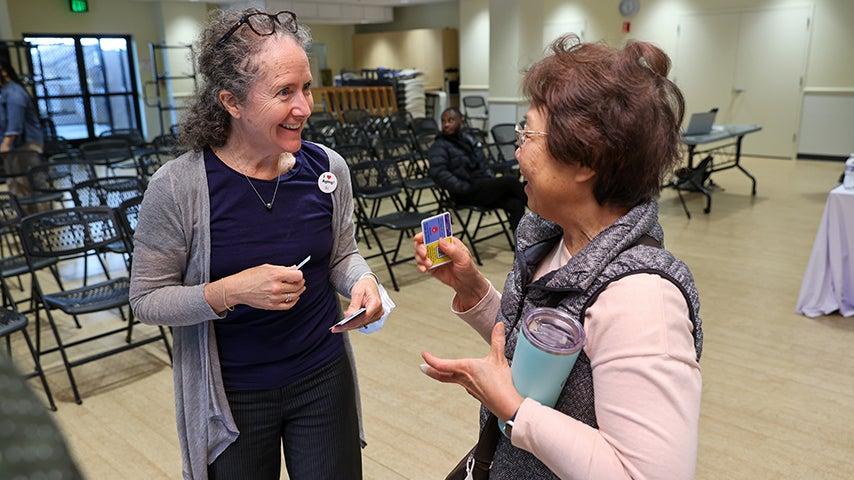Falls Prevention
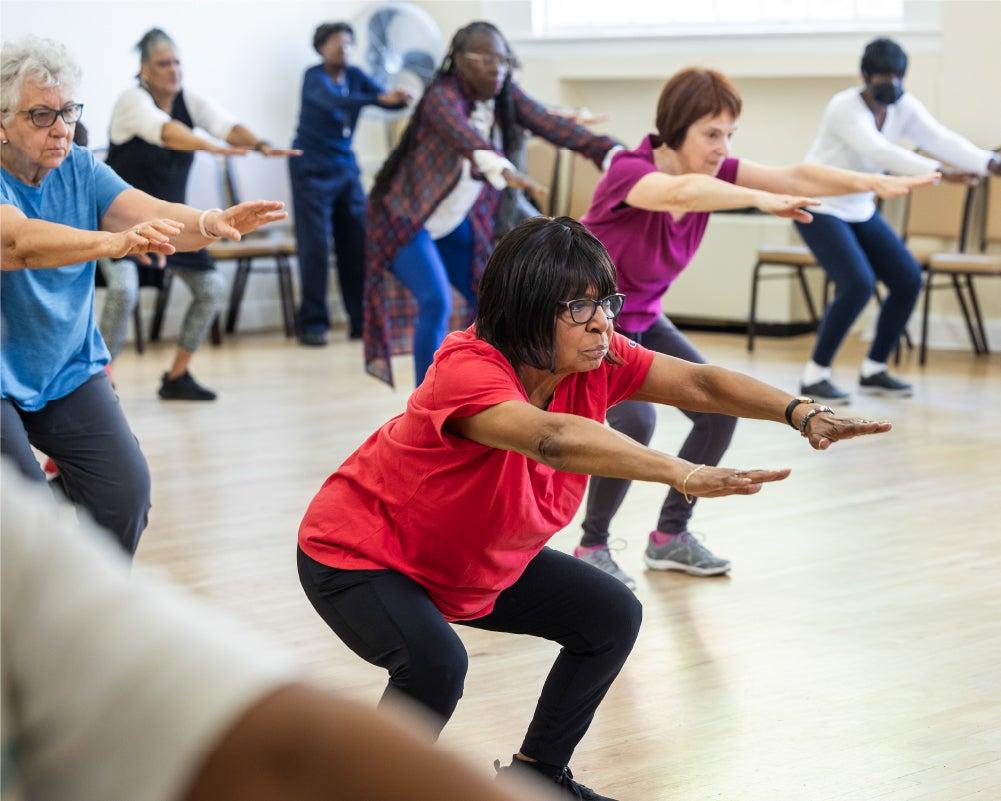
How NCOA Supports Falls Prevention Programs and Strategies Nationwide
Center for Healthy Aging

National Falls Prevention Resource Center
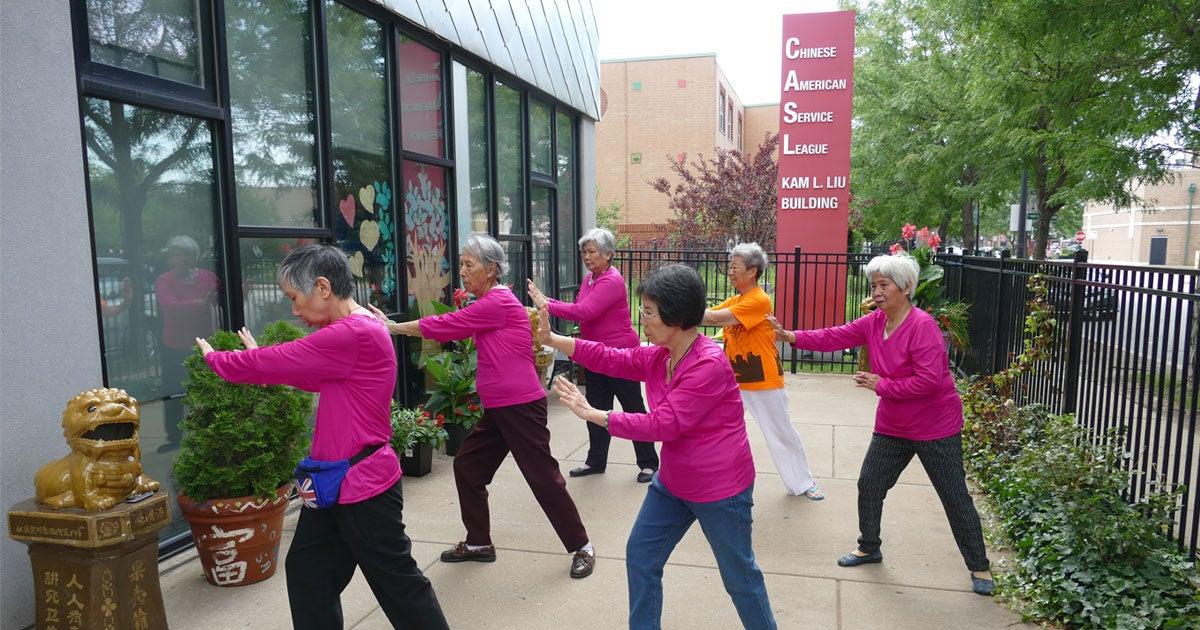
The Falls Free® Initiative

State Falls Prevention Coalitions
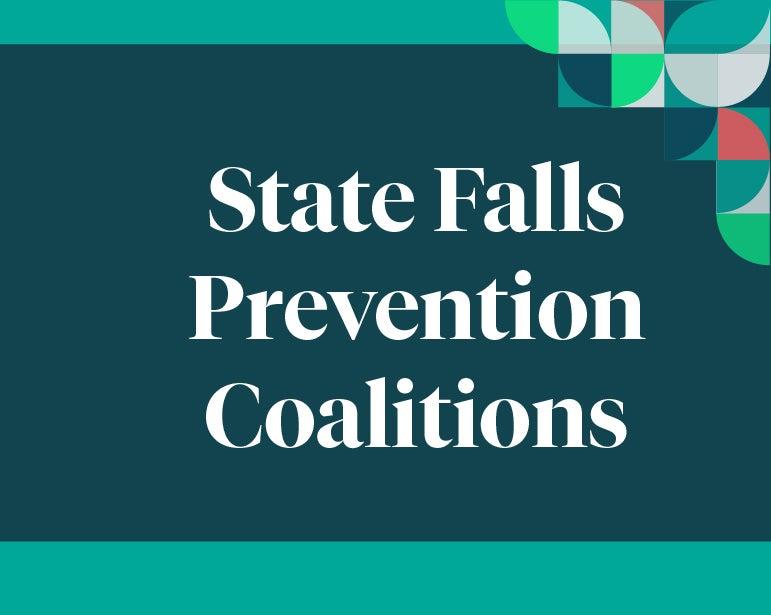
Falls Prevention Fidelity Hub
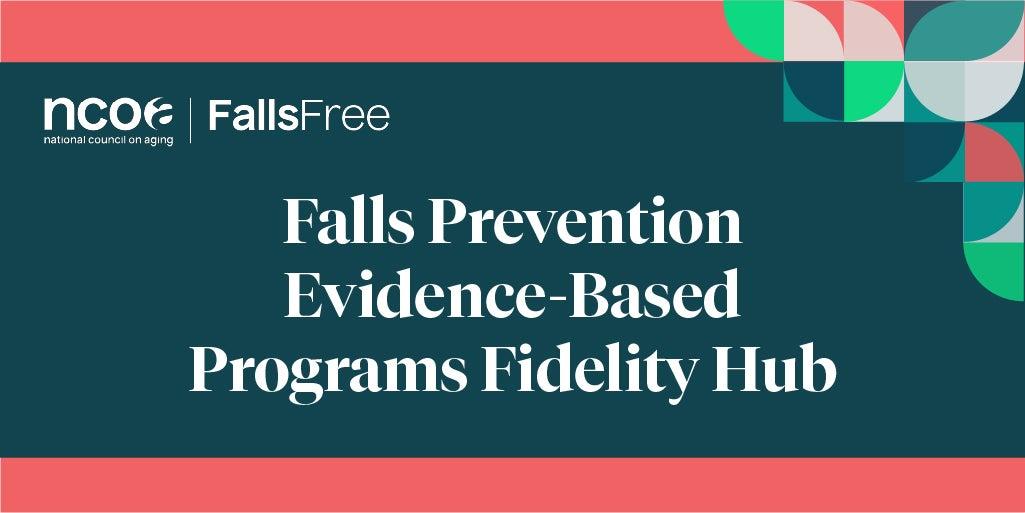
Falls Prevention Awareness Week
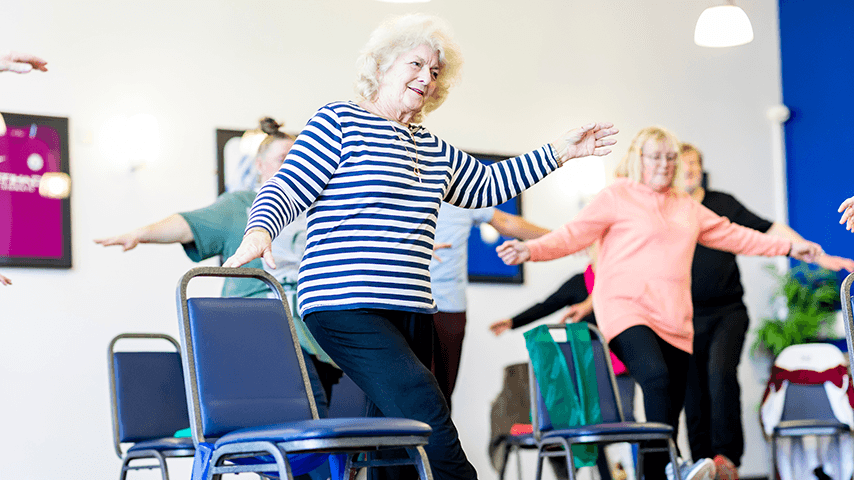
Falls are the leading cause of fatal and nonfatal injuries for older Americans. They threaten seniors' safety and independence, and generate enormous economic and personal costs. However, falling is not an inevitable result of aging. Through practical lifestyle adjustments, evidence-based falls prevention programs, and clinical-community partnerships, the number of falls among older adults can be substantially reduced.
The benefit and impact of evidence-based falls prevention programs
Evidence-based community falls prevention programs can significantly reduce falls and falls risk factors as well as reduce the costs associated with falls.
These community-based falls prevention programs address a wide range of falls risk factors, such as:
- Improving muscle strength and balance,
- Removing home hazards that contribute to falls, and
- Increasing confidence to engage in falls-reduction activities.
- They also reduce health care costs and have proven positive returns on investment.
How NCOA helps communities, caregivers, and older adults prevent falls
NCOA supports awareness and educational efforts about falls through the following initiatives led by our National Falls Prevention Resource Center:
- Increasing public awareness and educate consumers and professionals about the risks of falls and how to prevent falls, including our national campaign Falls Prevention Awareness Week.
- Supporting and stimulating the implementation, dissemination, and sustainability of evidence-based falls prevention programs and strategies to reduce the incidence of falls among older adults and adults with disabilities.
- Serving as the national clearinghouse of best practices and other information on falls and falls prevention.
- Creating online tools, like our Falls Free CheckUp, developed in partnership with the Centers for Disease Control and Prevention (CDC), that delivers tailored recommendations and offers a wealth of falls prevention resources, including reminders to schedule follow-up doctor appointments and to retake the checkup in six months to monitor any changes in their falls risk.
Explore our falls prevention resources below and help NCOA address the growing public health issue of falls, fall-related injuries, and deaths.
Evidence-Based Falls Prevention Programs 101
Explore the evidence-based programs that are proven to help older adults reduce their risk of falling. This means benefits for individual's health and a return on investment in preventing illness and injury.
NCOA Partners in Falls Prevention
Prepare for Falls Prevention Awareness Week
How to Plan a Falls Prevention Event

Find an Evidence-Based Program
Evidence-based programs offer proven ways to promote health and prevent disease among older adults. Find one that meets the needs of your community.
Advocate for Falls Prevention Funding
Falls are the leading cause of injuries among older adults and cost the nation $50 billion per year. Members of Congress need to hear from you—their constituents—on this important issue. Use NCOA's advocacy tool to ensure Older Americans Act (OAA) funding continues to meet the needs of older adults, their families, and their communities.
